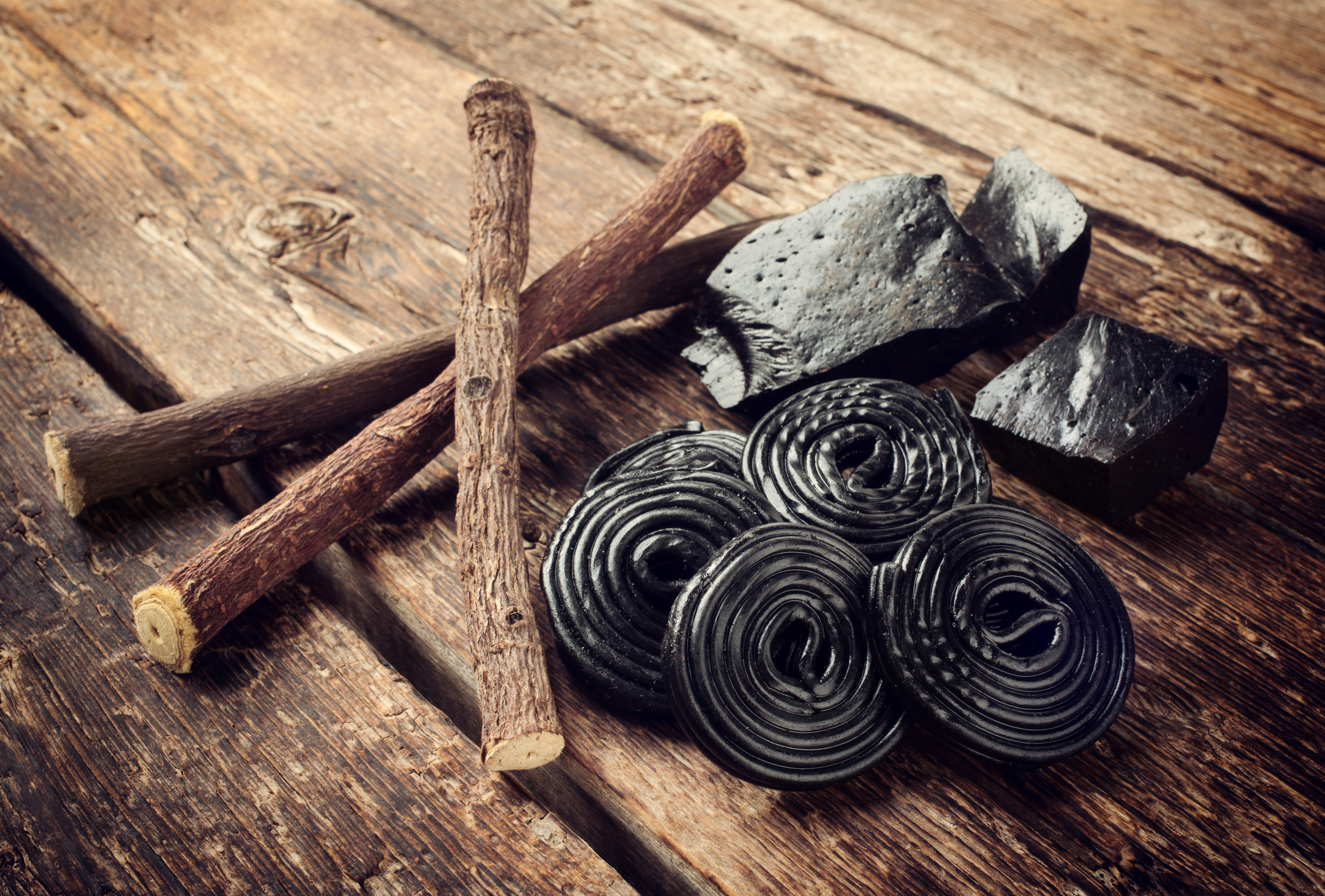Surprising Foods To Avoid If You Have High Cholesterol
39. Processed Vegan Cheese: The Plant-Based Paradox

Vegans and those seeking dairy alternatives, beware! While plant-based cheese might seem like a heart-healthy choice, some processed varieties can be surprisingly detrimental to your cholesterol levels. The key lies in the type of fat used to mimic the texture and richness of dairy cheese. Many manufacturers rely on coconut oil or palm oil, both of which are high in saturated fat. While these are plant-based fats, they can still have a negative impact on cholesterol. Studies have shown that coconut oil, in particular, can raise LDL cholesterol levels, similar to animal fats. While saturated fat from different sources may have slightly varying effects, excessive intake is generally linked to an increased risk of heart disease. When choosing vegan cheese, opt for varieties made with nuts or seeds, such as cashews or almonds, as these tend to have a better fat profile. Always read the labels carefully and consume processed vegan cheeses in moderation as part of a balanced diet.
40. Excessive Licorice: The Unexpected Sweet Threat

This one might sound unusual, but excessive consumption of black licorice can have surprising effects on your cholesterol levels. The culprit is glycyrrhizic acid, a compound found in black licorice that gives it its distinctive sweet and slightly bitter flavor. Glycyrrhizic acid can interfere with hormone levels and fluid balance in the body. While the exact mechanisms are still being studied, this interference can contribute to an increase in LDL cholesterol, the "bad" cholesterol that can build up in your arteries. It's important to note that this effect is generally associated with consuming large amounts of black licorice, not the occasional piece. If you're a licorice enthusiast, enjoy it sparingly. If you have pre-existing heart conditions or cholesterol concerns, it might be wise to limit or avoid black licorice altogether. Red licorice, however, does not contain significant amounts of glycyrrhizic acid and is not associated with the same cholesterol risks.
